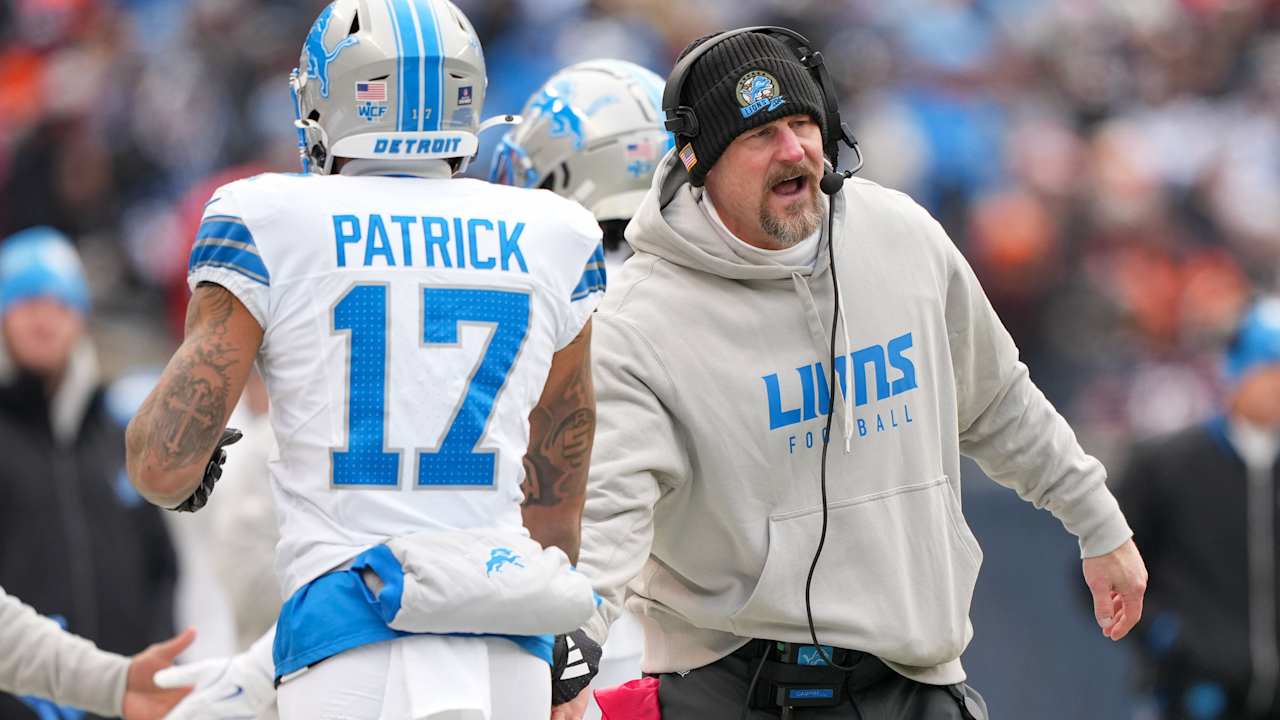Tech
Rodent complaints continue to plague New York City. Here’s what else the data shows.

NEW YORK — New York City is throwing millions of dollars at its rodent problem — from studies on the best ways to store trash, to a rat czar appointed last year.
So why are rodent-related complaints staying stubbornly high?
CBS News New York investigative reporter Tim McNicholas’ journey to find out took him to the rat czar, herself.
What the data shows
New Yorkers are trying to bite back, all over the city.
CBS News New York Investigates analyzed 311 data showing rodent-related complaints jumped 22% from 2019 to 2021. And the numbers have continued to rise since then, with another increase of more than 7% since the Adams administration took office in 2022 and launched its “war on rats.”
In the first seven months of this year, there have been more than 24,000 rodent-related complaints. Last year, Adams appointed Kathleen Corradi as New York City’s rat czar — or citywide director of rodent mitigation.
CBS News New York
“Why do you think that is that, despite the war on rats, and all these mitigation efforts, that more people are complaining about that?” McNicholas asked.
“There’s lots of ways to look at our 311 data. First of all, I’d say, when people are using 311 it means they’re actively engaged in reporting and being part of the civic engagement, so we appreciate that,” Corradi said.
New York City’s ground offensive going forward
Corradi says there are more rats due to climate change.
“In the winter when it’s cooler temperatures, they will slow their reproduction. Because we continue to have warmer winters, means rats have more time to breed,” Corradi said.
She said complaints are down in the four rat hot spots or mitigation zones the city identified and invested millions in targeting, including on the Lower East Side, where the Parks Department sealed off rat holes in Columbus Park.
Corradi’s team is hosting educational programs and is even offering Rat Pack swag to try to inform New Yorkers on ways to keep rats away, like handling your trash correctly.
“We can definitely improve the quality of life, but we need everyone on board,” Corradi said.
The city also plans to eventually require all residential buildings to put trash out in containers — not bags on the street — beginning with smaller properties this November.
NYCHA says it is working to address unsecured garbage at several buildings near the Atlantic Terminal Houses and has been treating for rats weekly. People in the neighborhood say they’ve noticed some improvements since CBS News New York Investigates started asking questions, and they hope these uninvited guests can scurry away for good.
“As a pillar of the 2019 HUD Agreement, pest management is a priority in NYCHA’s mission of providing decent, affordable housing to residents. We remain extremely dedicated to addressing pest concerns at our developments, and ultimately improving the quality of NYCHA residents’ lives,” NYCHA said in a statement.
Mayor Adams, himself, has gotten rat violations at his home in Brooklyn and just got one dismissed earlier this month. Records show he submitted security footage proving the inspector wasn’t on his property and he argued the violation was likely intended for his neighbor.
“Rats that look like cats. That’s how big they are”
“See him? See him? Look, look. This is what I’m talking about,” Fort Greene, Brooklyn, resident Isabel Stenson said of a rat stopping by our interview.
CBS News New York
Stenson and her “neighbors” live in Fort Greene, but at Carlton and Atlantic Avenue, you might hear a different name for the area — like “Rat Haven” and “Rat Central.”
“It’s mad rats. Rats that look like cats. That’s how big they are,” Stenson said.
Dozens swarm the block — from an open trash room at a private co-op to NYCHA’s Atlantic Terminal Houses next door, where the beasts burrow beneath bait boxes and scurry through the courtyard and playground.
“Look how big he [is], and they come here and bring the food to their family,” Stenson said.
“He say, ‘I’m on candid camera,” a neighbor said.
“Children outside eating and stuff like that, you can’t even eat because the rats will try and get their food,” resident Leandra Jones said.
“As you can see here, they bit into the wires. Now our lights don’t come on,” resident Deborah Lindsey added.
Rat mitigation in other cities
So every New Yorker deals with rats one way or another. What about other cities?
The province of Alberta, Canada, which is home to 4 million people, is nearly rat free. Its rat control team told CBS News New York Investigates the key was keeping rats out as they migrated decades ago, so it doesn’t have the perfect solution for New York City.
But the Big Apple will host a rat summit next month with some of the best rat minds in the country sharing their ideas.













